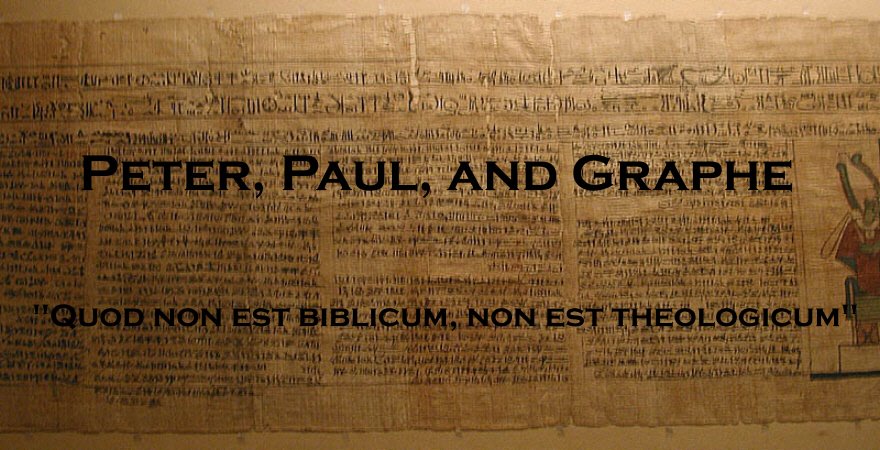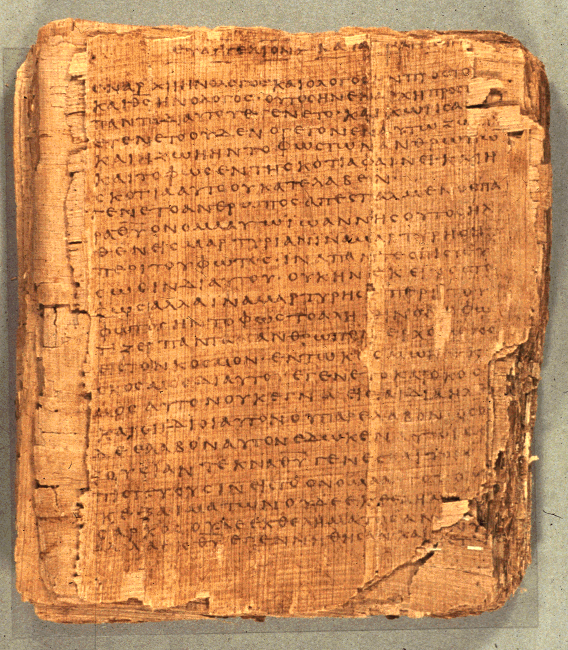Edwardsean Theology, Part 6: Edwards on the Atonement
| Now this friends, could get sticky… :). Let me preface this post by stating that my goal is to accurately communicate the position of Edwards in this regard, and that I in no way claim to be an Edwardsean expert. I am hoping that I may be more of the student in this post, and that fellow bloggers will provide some meaningful discussion on this topic. Edwards understood the atonement to be both propitious and vicarious. At the center of the atonement was the satisfaction of God, and Edwards emphasized this. The only way that sin could be pardoned was through a sacrificial giving that would adequately satisfy the justice of God. The atonement was successfully fulfilled through both the active and passive obedience of Christ. Personally, I understand Christ’s obedience better when explained as both “active” and “passive,” but Edwards preferred not to divide the two: they were undividable. Later New England theologians incorrectly attributed a governmental view of the atonement to Edwards, but his writings indicate that Edwards did believe and teach that the atonement was a satisfaction of God’s justice. Man’s offence was infinitely wicked: therefore, any sacrifice that was to be truly satisfactory must be, infinite in value. A sacrifice of lesser value would have been futile. Edwards taught that Christ’s motivation in going to the cross was love: “He was moved with pity towards his elect.” In Edwards view, the atonement was particular or limited in its extent. “Christ did not intend to save those he knew he would not save. If he intended to save any it was those he knew would be saved.” “Christ … died for them (the elect of the predestined) and not for the world.” “… however Christ in some sense may be said to die for all, and to redeem all visible Christians, yea, the whole world by his death; yet there must be something particular in the design of his death, with respect to such as he intended should actually be saved thereby” (“Freedom of the Will” Works, I:88). Finally, Edwards taught unconditional election, and was supralapsarian with regard to the elect, but sublapsarian with regard to the reprobate. I am a bit uniformed on this particular debate, knowing only the major lines of argument. The emphasis here is that Edwards taught unconditional election and that’s good Calvinism! I would like to further look into the ramifications of Edwards view: an exploration of the compatibility/incompatibility of these two positions will do me some good. |



















Comments on "Edwardsean Theology, Part 6: Edwards on the Atonement"
-
 CWatson said ... (Monday, August 14, 2006 9:58:00 AM) :
CWatson said ... (Monday, August 14, 2006 9:58:00 AM) :
-
 CWatson said ... (Monday, August 14, 2006 9:59:00 AM) :
CWatson said ... (Monday, August 14, 2006 9:59:00 AM) :
-
 petros said ... (Monday, August 14, 2006 6:34:00 PM) :
petros said ... (Monday, August 14, 2006 6:34:00 PM) :
-
 CWatson said ... (Thursday, August 17, 2006 7:27:00 AM) :
CWatson said ... (Thursday, August 17, 2006 7:27:00 AM) :
-
 petros said ... (Tuesday, August 22, 2006 11:23:00 AM) :
petros said ... (Tuesday, August 22, 2006 11:23:00 AM) :
-
 CWatson said ... (Thursday, August 24, 2006 9:02:00 AM) :
CWatson said ... (Thursday, August 24, 2006 9:02:00 AM) :
post a commentHerein lies the problem that I see with reformed theology. So much of the lapsarian/election debate deals with logic outside or on top of exegesis. You, as the same major as I, know full well the importance of exegesis in theology. If I was a logician, I would be a full 5 pointer. But I am first an exegete and then a logician, which leaves me with some holes that I must fill (although I do think that logic rests on the side of exegesis in this case, due to a huge logic project done by my wife and I on this subject).
Go to Yale and get a Ph.D. in American Church History from Straud (I think that's his name). He's probably the top puritan scholar in the country.
I would be interested to hear more from you on this: "...I would be a full 5 pointer." and "... I do think that logic rests on the side of exegesis in this case, due to a huge logic project done by my wife and I on this subject)."
Would you say that some exegesis is then illogical? Just curious...
No, I'm just saying that the system doesn't work exegetically. The vast evidence in Scripture is actually against limited atonement. Staunch Calvinism is a system that is built around logic, not exegesis. If you read Boettner, Palmer, and others, this is the sense you get from their writings.
I understand that an unlimited atonment causes what people would call difficulties with universalism. This is a logical difficulty. If Christ died for all wouldn't all be saved? Unfortunately, this argument isn't evidence for a limited atonement. It is only evidence against unlimited atonement (Evidence against an argument in classical logic is never evidence for an argument - no matter what the Westminster types tell you).
That's just a brief introduction. Exegesis is not illogical. But exegesis doesn't attempt to build an entire theological system designed around one or two theological propositions (total depravity - unconditional election). Maybe that's why I'm much more of a biblical theologian (in the sense of biblical theology) over a systematic theologian.
However, we can still be friends and this is not separatist issue. And please don't call me an Arminian. Call me a Chafarian Calvinist (it allows me to deny one, and redefine two points to be more exegetically sound, imho).
Chris, you stated that, "The vast evidence in Scripture is actually against limited atonement." I'm not with you on this one: how so? And how is it that, "...the system doesn't work exegetically."? In what way? You even concede that, "...this argument isn't evidence for a limited atonement. It is only evidence against unlimited atonement..."
The issue in the debate is the relationship that stands between two different kinds of persons (the elect and the non-elect) and the atonement. This is perhaps a better way to introduce the issue.
I think I have more to say, but I'd like to hear a little from you. :) I agree that we can still be friends, and I will also not call you an Arminian. :P However, you must promise to continue to wave the flag of total depravity, unconditional election and so on, or it's off!
Unfortunately, if you read many published (older) reformed/calvinistic works, you will observe that they see the whole system as a necessary whole. You must take one part and all parts, or no part at all.
Perhaps my post was incoherent, which it was.
Let me answer the individual quotes:
When I stated "The vast evidence in Scripture is actually against limited atonement."
I meant - all of the "all" passages in Scripture (As much as we both hate Dave Hunt - and we are in agreement on this - he actually lists out the Scriptures - although a few are pulled out of context. But there are enough Scriptures with which to be reckoned so that I don't have to waste your blog space with the quotations thereof.).
"...the system doesn't work exegetically." Maybe I ought to say that this system works backwards. The system begins with a few theological propositions concerning sovereignty (I haven't denied sovereignty) and then reads the system into their exegesis- causing them to redefine all, and do exegetical gymnastics on each of the "universalistic" (to use Schriener's terminology) passages.
"...this argument isn't evidence for a limited atonement. It is only evidence against unlimited atonement..." Remember the context of this statement: I only stated it to say that those who call me a universalist for believing in universal atonement have used this argument incorrectly. In classical, Aristotelian (sp?) logic, an argument against one position (unlimited atonement) is not an argument for a position (limited atonement). Come to MN and take logic. It's a great class.